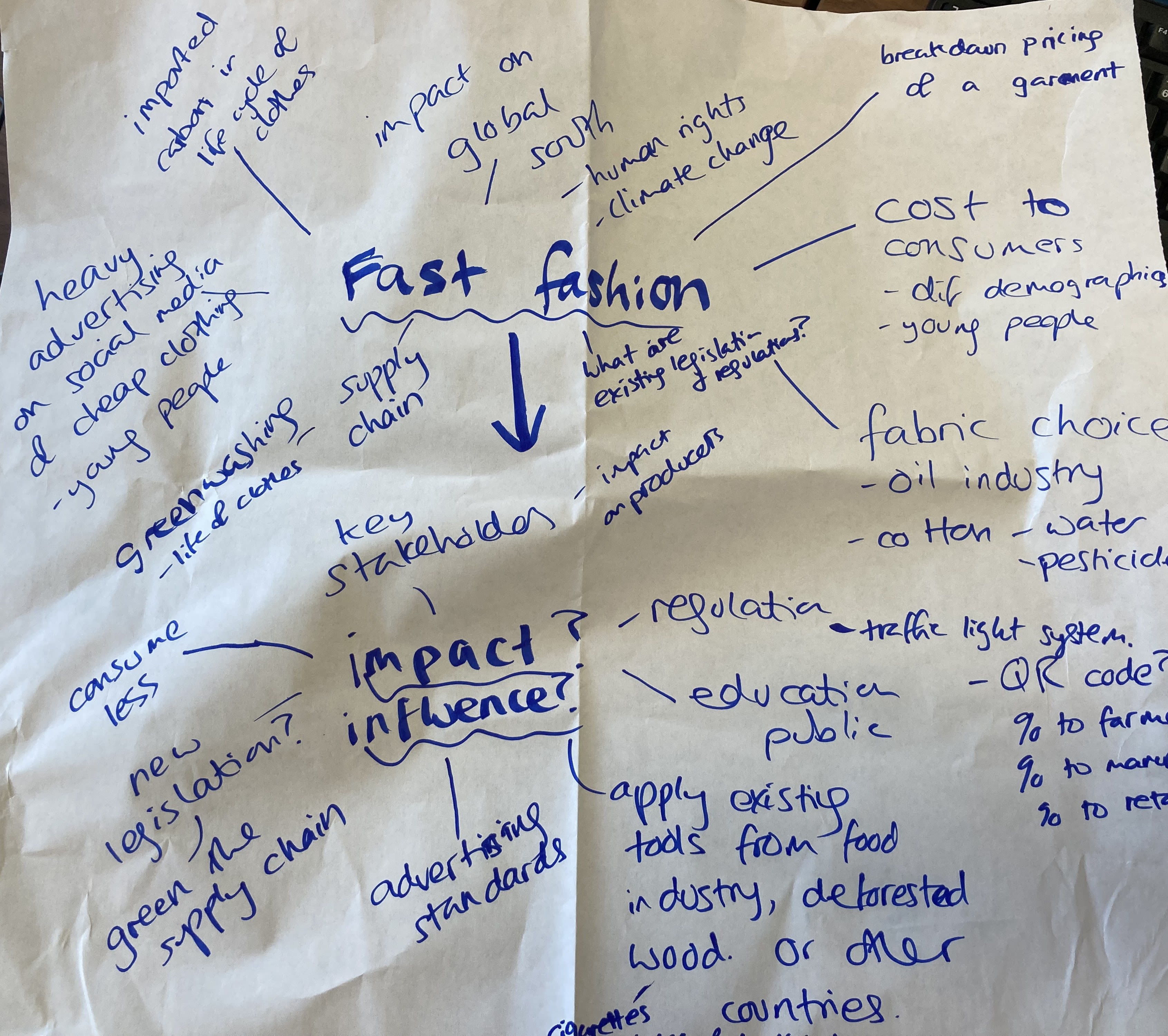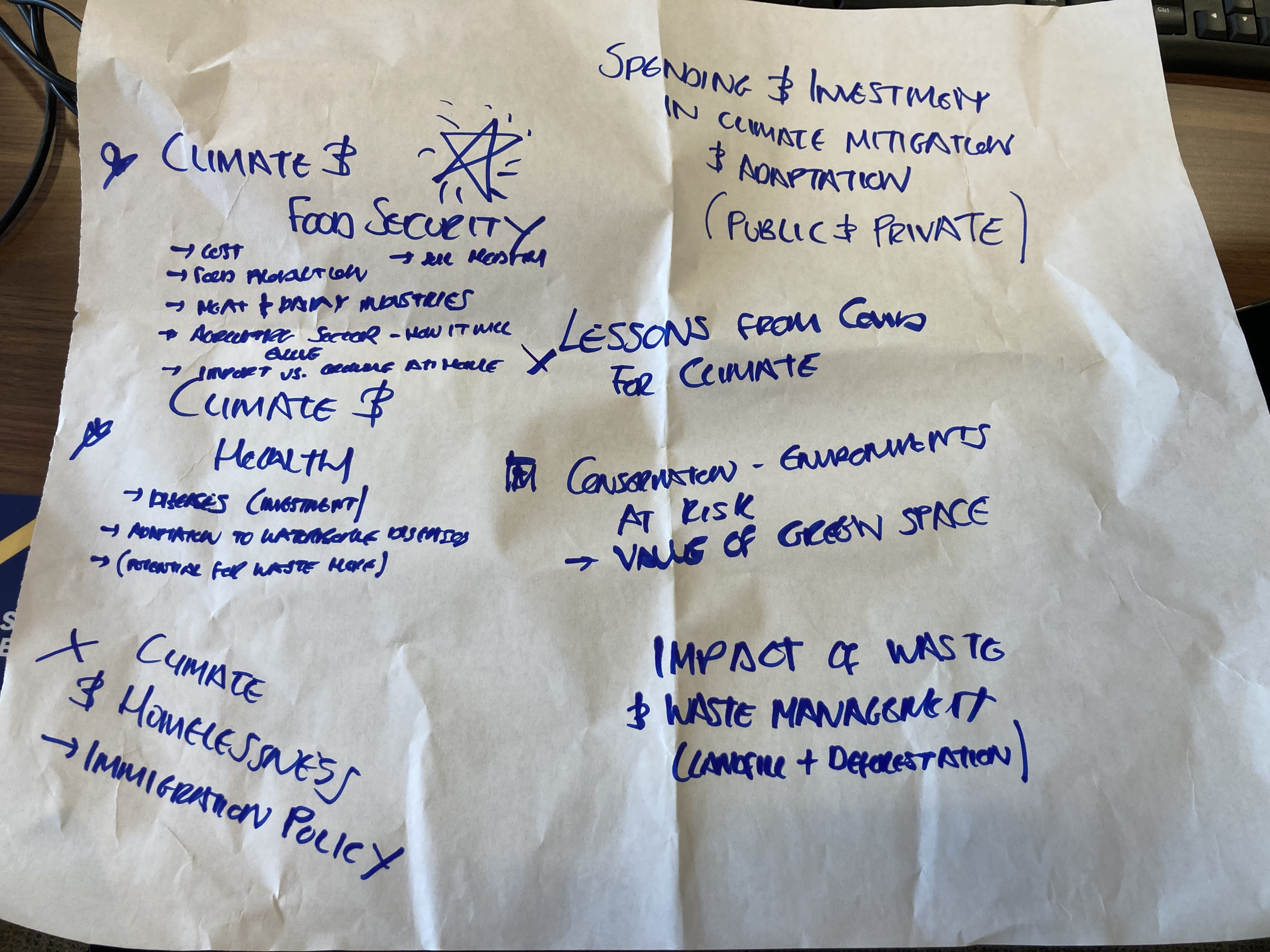House of Lords Youth Engagement Programme
The 2023-2024 inquiry: Electric Vehicles
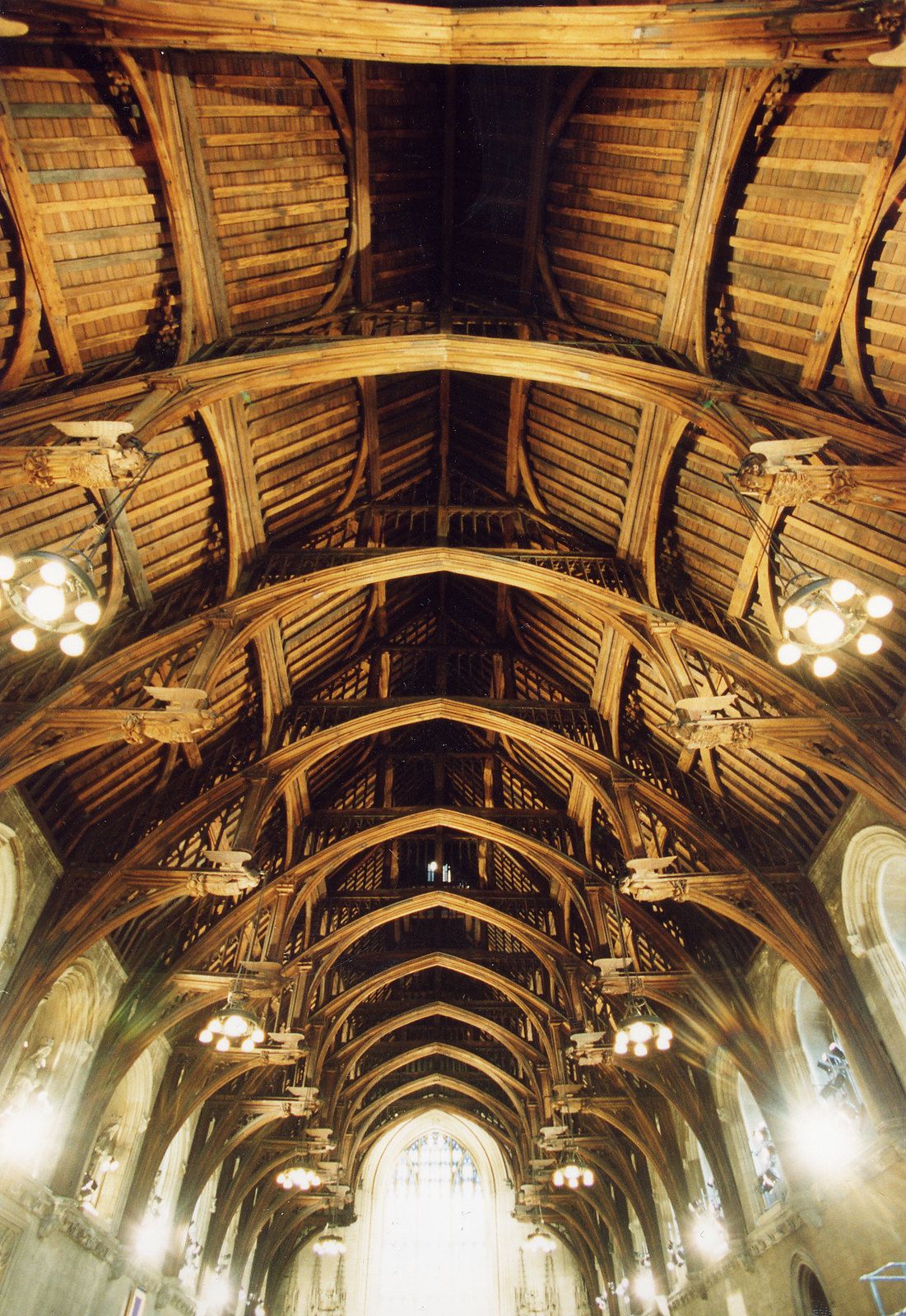
About the programme
The Youth Engagement Programme is an opportunity for young people to share their views on environment and climate change issues that directly impact them. The programme also provides the House of Lords Environment and Climate Change Committee a different perspective on the key issues they investigate.
The committee has been running the programme for two years, in collaboration with the Select Committee Engagement Team. For the pilot programme in 2022, students contributed to the Committee’s inquiry on ‘mobilising action on climate change and environment’ with a particular focus on behaviour change.
For the 2023-24 programme, schools participated in a range of activities to inform the Committee’s inquiry on electric vehicles (EVs).
1. Who was involved?
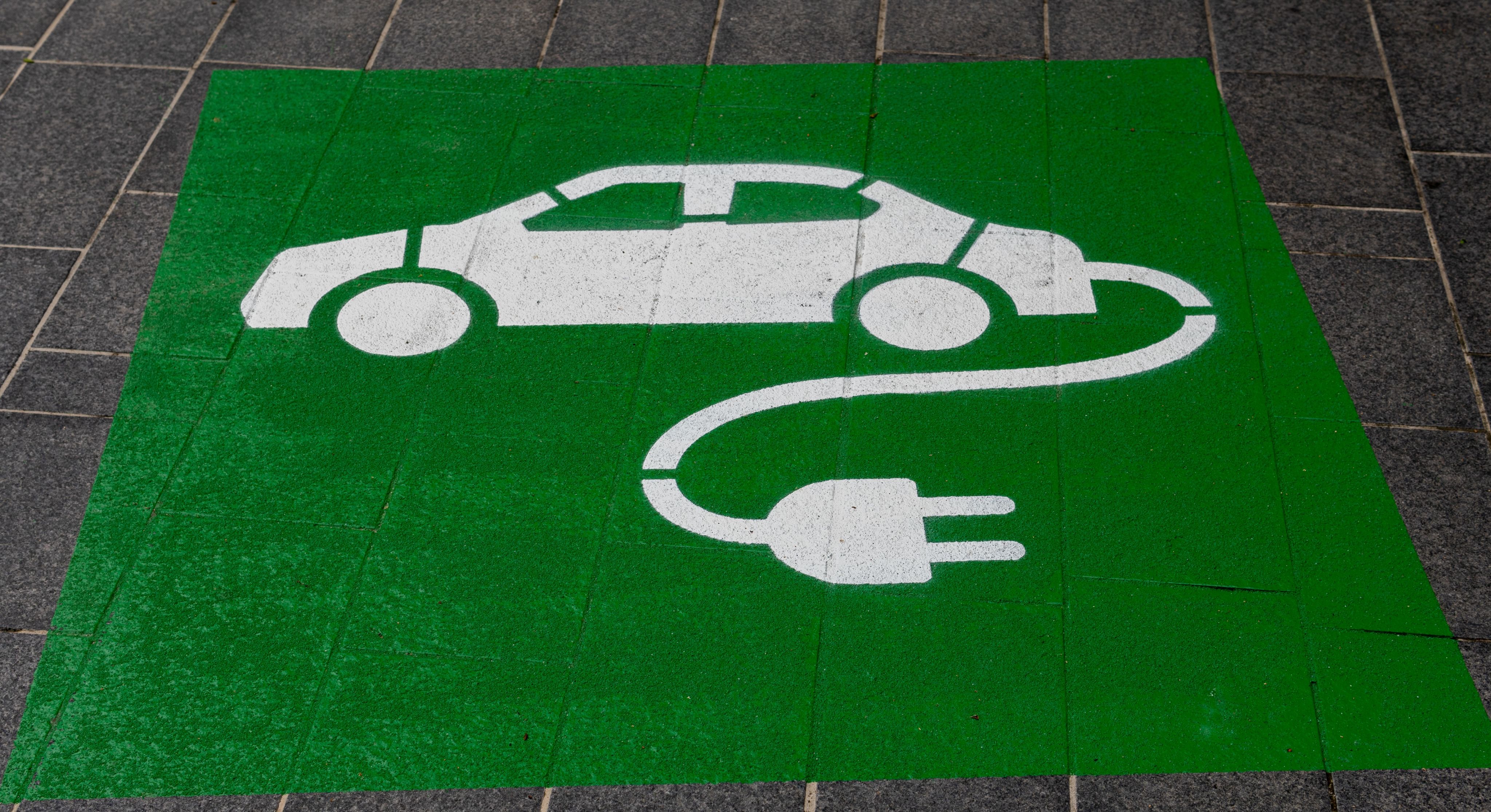
The 2023-24 programme was open to schools from across the UK, including Wales, Scotland, and Northern Ireland.
The Select Committee Engagement Team and the committee ensured that a range of demographic backgrounds were represented. 34 schools applied for the 2023-24 programme and six were selected.
We would like to thank all the schools involved this year:
- Boroughmuir High School, Edinburgh
- St Louise’s Comprehensive College, Belfast
- Barnsley College, Barnsley
- Loretto Sixth Form College, Greater Manchester
- Langley College, Slough
- London School of Excellence, Greater London.
2. House of Lords Select Committees
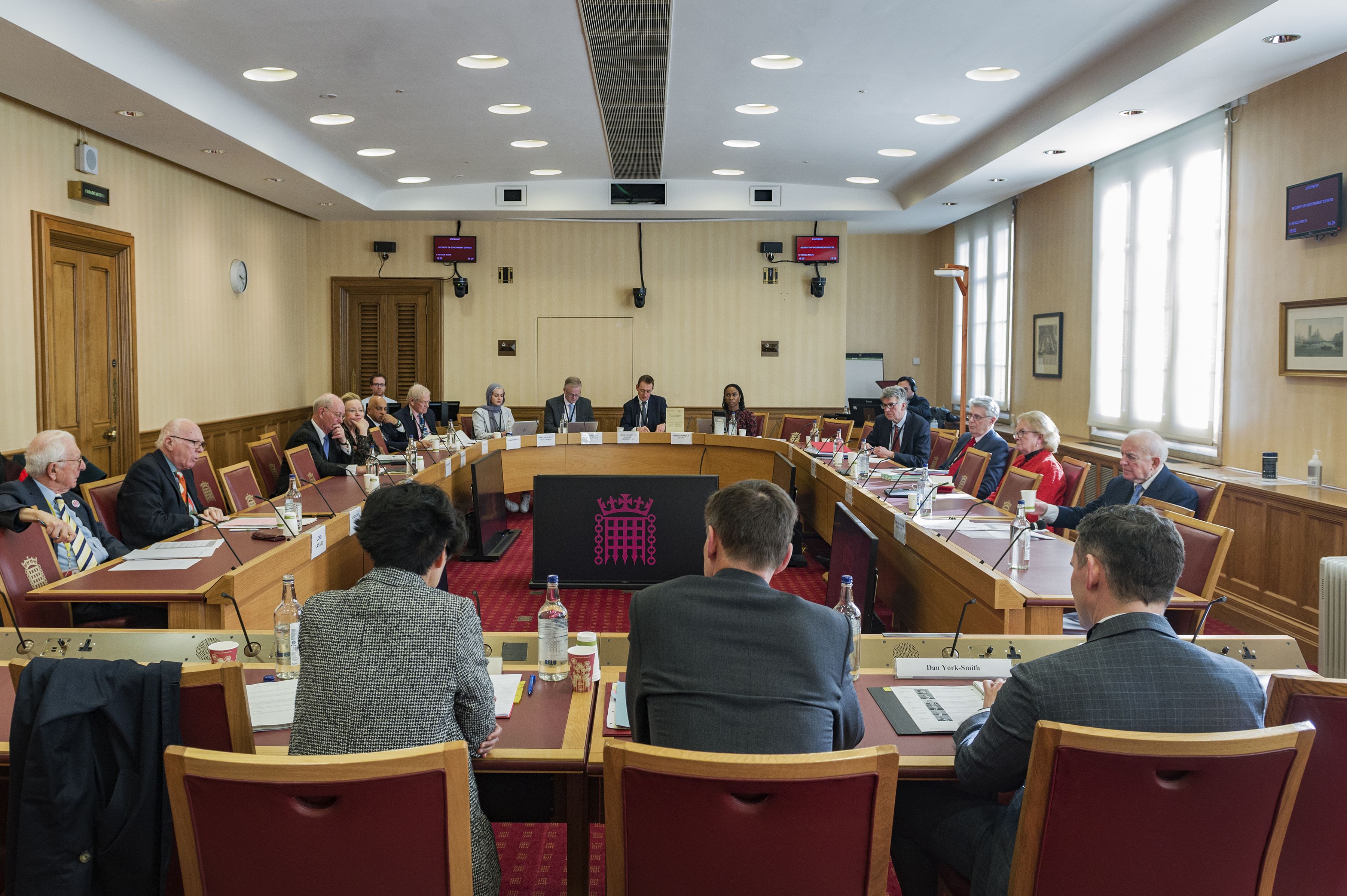
House of Lords Select Committees investigate public policy, proposed laws and government activity. Committees are small groups of members (usually 12 in total) who are appointed to consider specific policy areas. Members of the House of Lords come from all parts of the UK and represent a wide range of professions.
Committees can conduct short, narrowly focused investigations or investigate broad, long-term issues. These investigations are known as inquiries. During inquiries, Committees hear from a range of experts and people with lived experience of the issue and put questions directly to the relevant government department.
Committees normally publish reports on their findings following an inquiry. A Committee report’s primary aim is to produce a series of key recommendations to the government to address issues identified by the inquiry.
3. The 2023 - 2024 programme
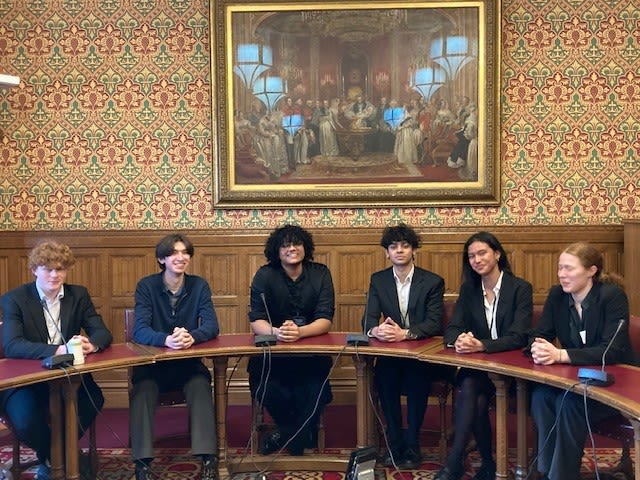
A range of methods were used to gather views from the students involved, including:
- A virtual roundtable
- Two lesson plans
- A visit from committee members to schools
- A visit to Parliament.
The virtual roundtable and first lesson plan were designed to capture views from students during the inquiry’s evidence-gathering and report-writing stages. Lesson plan two was designed to capture recommendations for the Committee and provide feedback on the Electric Vehicle report once it had been published.
The former Committee Chair, Baroness Parminter, also visited students at their schools to get a better understanding of how environmental and climate change-related issues affect them. Finally, visiting Parliament allowed the students to have face-to-face interactions with the members of the Committee and to ask questions about their area of work and life as a peer.
4. Virtual roundtable
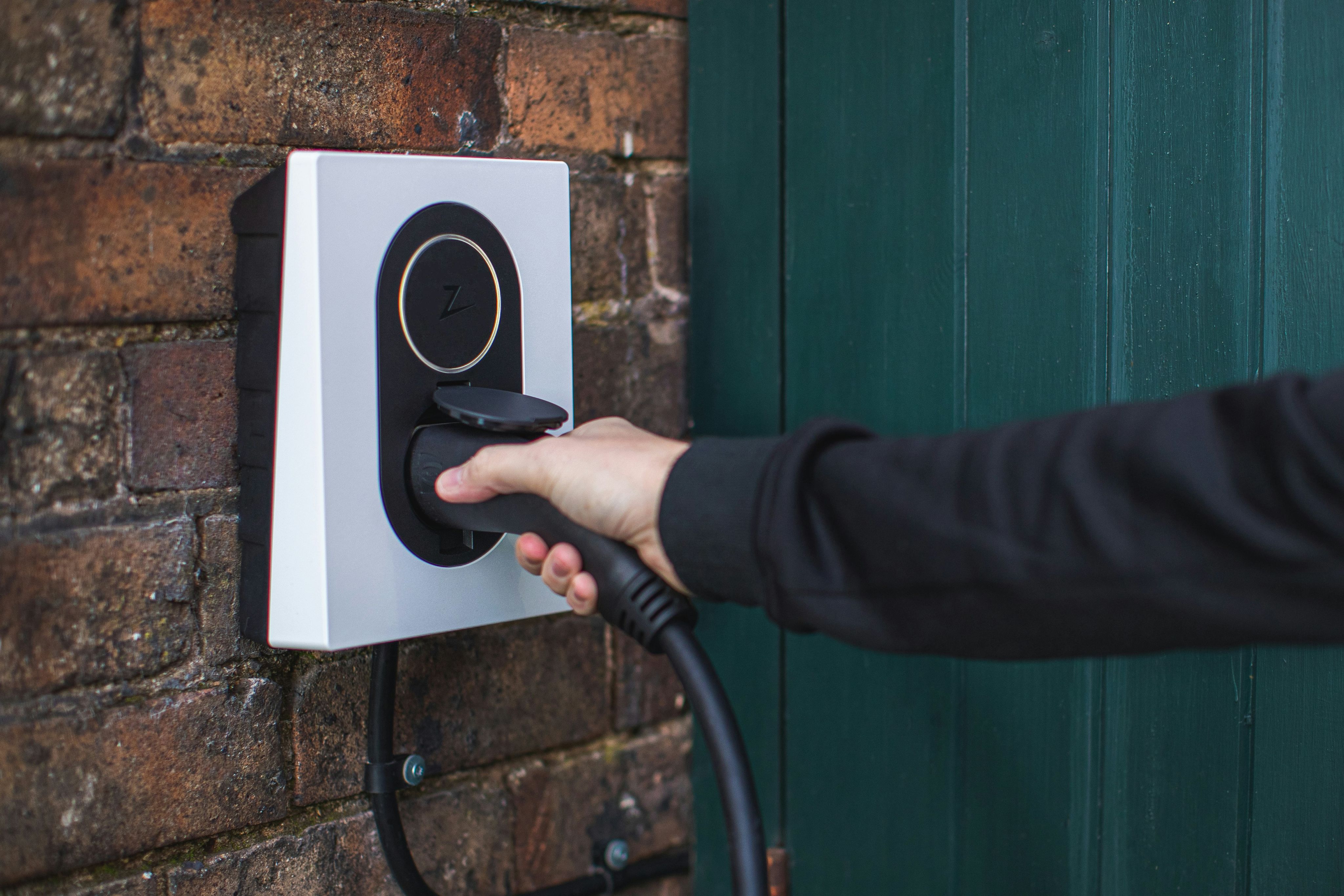
Roundtables are a group discussion where members of the public can informally give their views to the Committee. As part of the session, the students were split into smaller groups and discussed the themes of the inquiry.
Themes covered as part of the roundtable discussion included:
- The Government’s commitment to switching cars from petrol and diesel to electric
- Barriers to young people accessing EVs
- Incentives for people to switch to EV use
- Differences in Electric Vehicle use between regions
- Media coverage of electric vehicles
- Concerns over high cost of purchasing an EV
- Access to electric vehicle charging points.
In the roundtable discussion, the students voiced their concerns about recent changes to net zero targets for the transport sector.
“Government pushing the net zero target back from 2030 and pushing the phase out date for the sale of new petrol and diesel vehicles had sent an unhelpful message and undermined confidence in the transition”.
This concern was noted by the Committee and was raised during an evidence session with ministers from the Department of Transport. During the session Baroness Young of Old Scone questioned ministers on whether it was ‘wise’ to push back the phase-out date.
The full transcript for this session is available to read online. Further student recommendations and conclusions are referred to in Appendix 4 (page 124) of the committee's report.
5. Lessons plans
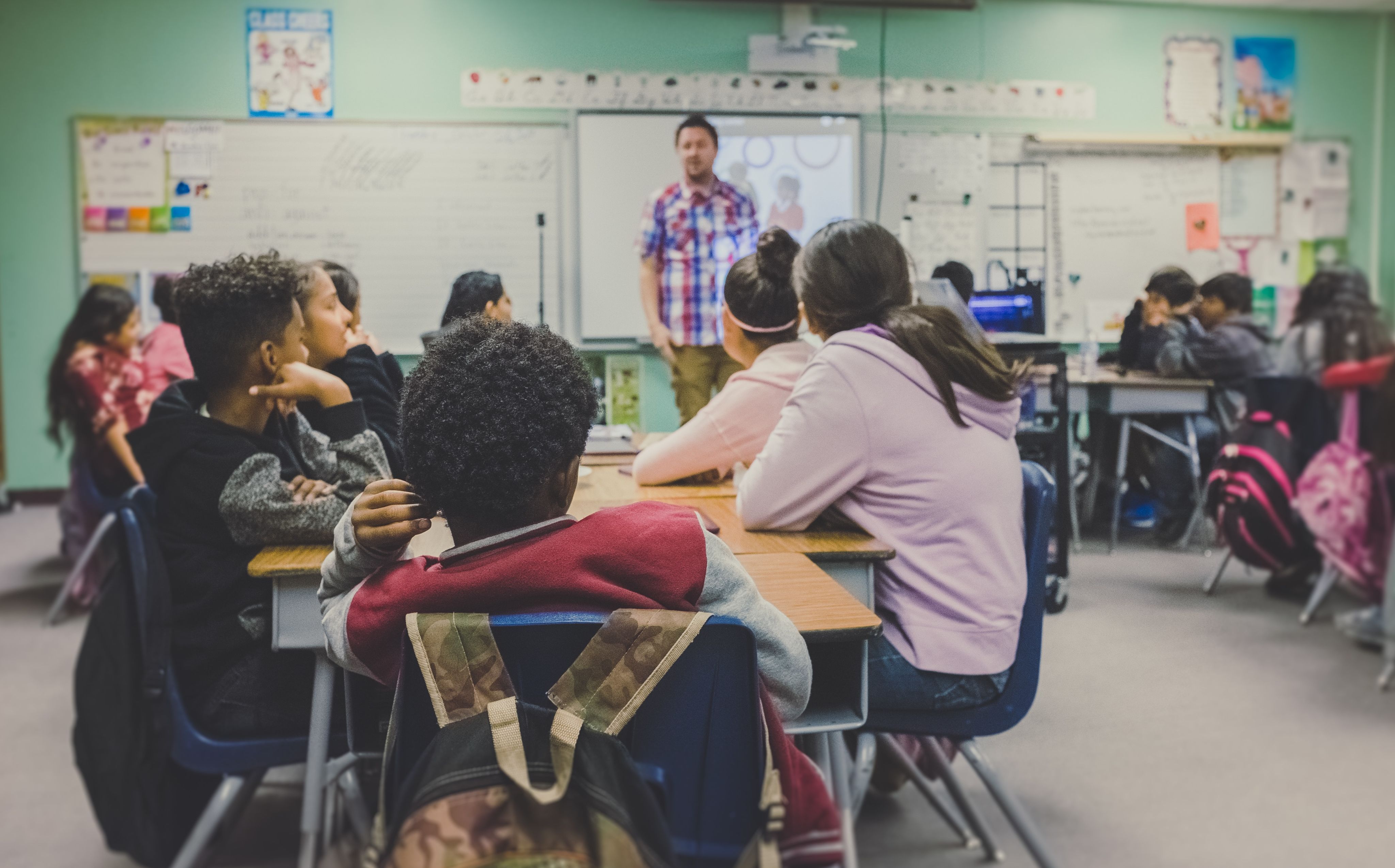
The Select Committee Engagement Team created two lesson plans to capture unique views and perspectives from students.
Lesson Plan One
The first lesson took place in October 2023 and gave an opportunity to students to suggest ideas for the committee to take forward. The lesson primarily focused on asking students what barriers they thought individuals and families faced when considering switching to an electric vehicle, as well as gathering students’ suggestions for ways of overcoming these barriers.
Lesson plan two
The second lesson was held after the Committee had published their report on Electric Vehicles. Students reviewed a summary of the report and and provided feedback on the Committee's work.
Students then discussed potential inquiry topics to follow on from the electric vehicles inquiry and presented their ideas back to the class.
Inquiry ideas suggested by students included:
- Improving public perception of electric vehicles
- Ethical issues of electrification
- A review of the suitability of the current energy sector for a growing EV market and demand for reliable electricity.
6. Visits
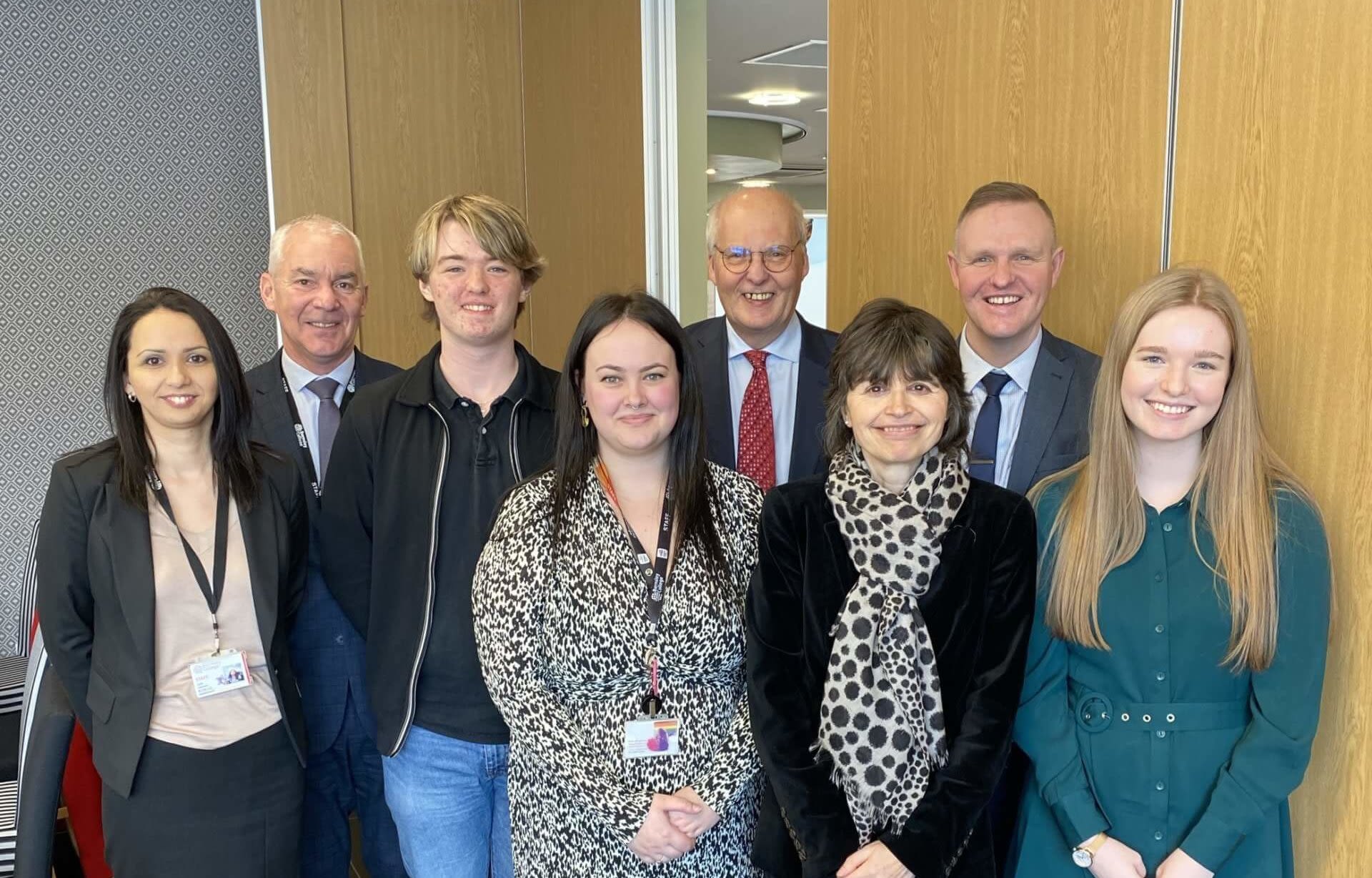
As part of the programme, the former Chair of the Committee, Baroness Parminter, visited the schools involved, and the schools that were able to, visited Parliament.
Baroness Parminter with Barnsley College's Chair of Governors, staff and students.
Baroness Parminter with Barnsley College's Chair of Governors, staff and students.
When visiting schools, the former Chair ran a series of activities which included a lecture and a Q&A. Students who were able to visit Parliament participated in inquiry-focused workshops and enjoyed a tour of the Palace of Westminster.
On their visit to Parliament, students participated in a ‘mock Select Committee’ activity. They broke off into two separate groups and came up with an idea for a new inquiry.
One group chose to launch an inquiry into the impact of fast fashion on climate change, with the other group opting to investigate the relationship between food insecurity and the environment.
Brainstorming ideas for an inquiry on fast fashion
Brainstorming ideas for an inquiry on fast fashion
Brainstorming ideas for an inquiry on food insecurity
Brainstorming ideas for an inquiry on food insecurity
The former Chair then called a vote on both ideas and a decision was made by the students to ‘launch’ a mock inquiry on the causes and effects of food insecurity.
For the second activity, students learned how to develop a forward work plan on their chosen topic to learn more about how to launch an inquiry and discussed how they would work together to gather the relevant evidence.
7. Reflections

As part of the second lesson, the students were given the opportunity to share their thoughts and reflections on being involved in the Youth Engagement Programme. Students felt their understanding of Select Committees and their role in the process of scrutinising government policy greatly increased as a result of the programme.
“We have loved being a part of the Committee and the process. It feels powerful to be a part of making a change to the environment across the UK, especially being from a deprived area. It was a fantastic and unique opportunity.”
Students felt they had been listened to by the Committee, with ideas they suggested during the workshops being carried through as recommendations in the committee's report. There was a feeling amongst participants that their views and opinions would help shape recommendations that would effectively reduce CO2 emissions in the medium to long term.
How to get involved
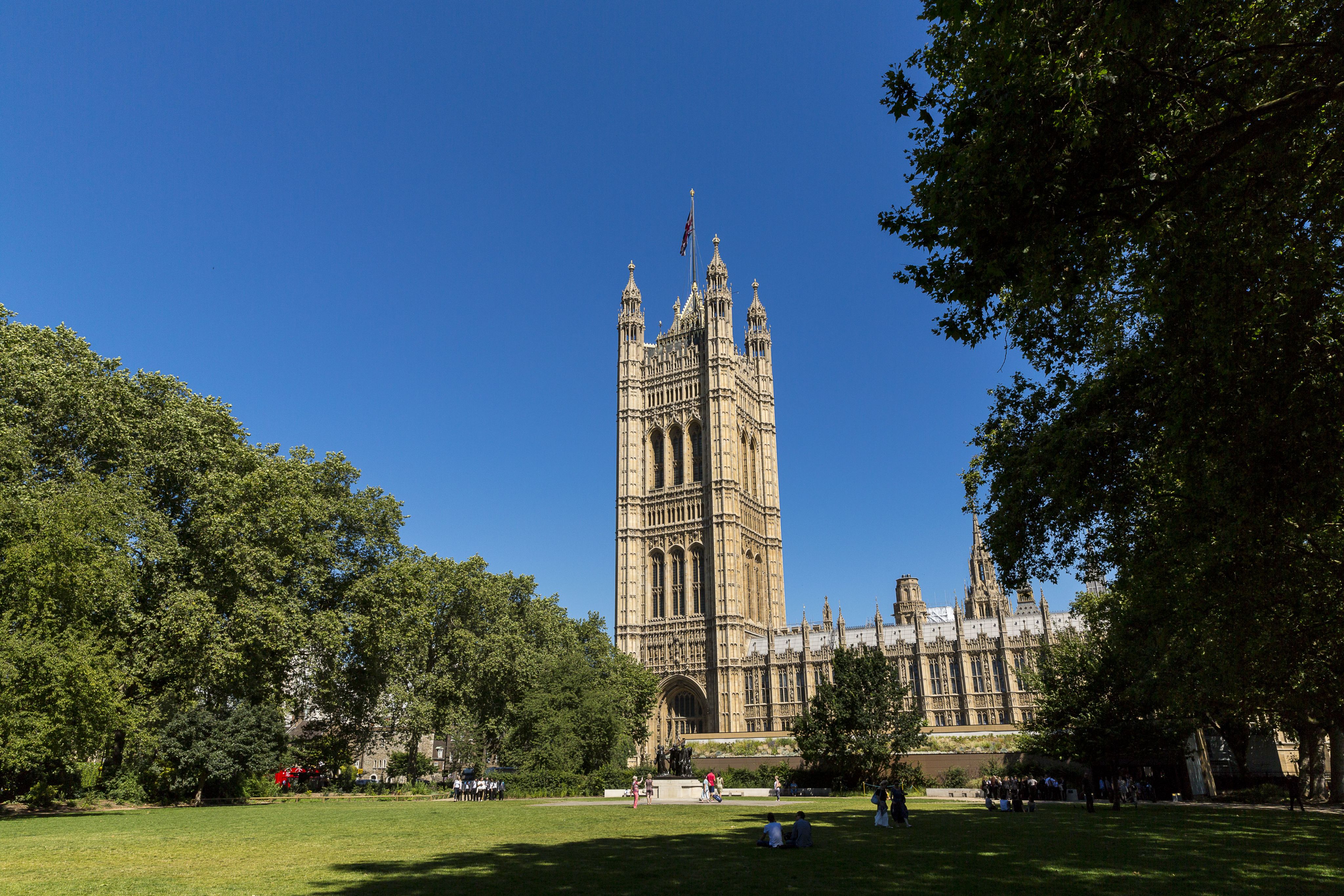
The next programme is due to launch in September 2024. Applications will open before the summer holidays.
If you would like to register your school's interest, or find out further information about the programme, please email us at selcomengagement@parliament.uk.
Cover image credit: UK Parliament

